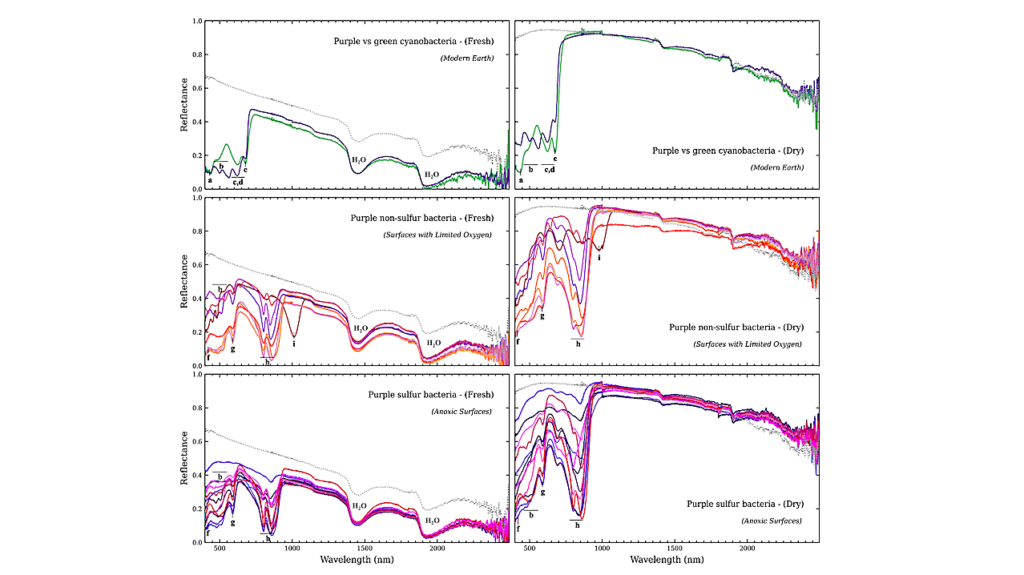The Effects Of Granulation And Supergranulation On Earth-mass Planet Detectability In The Habitable Zone Around F6-K4 Stars

The detectability of exoplanets and the determination of their projected mass in radial velocity are affected by stellar magnetic activity and photospheric dynamics.
The effect of granulation, and even more so of supergranulation, has been shown to be significant in the solar case. Our study is aimed at quantifying the impact of these flows for other stars and estimating how such contributions affect their performance. We analysed a broad array of extended synthetic time series that model these processes for main sequence stars with spectral types from F6 to K4, focusing on Earth-mass planets orbiting within the habitable zone around those stars.
We estimated the expected detection rates and detection limits, and performed blind tests. We find that both granulation and supergranulation on these stars significantly affect planet mass characterisation in radial velocity when performing a follow-up of a transit detection, with uncertainties sometimes below 20% for a 1 MEarth, but much larger for supergranulation.
For granulation and low levels of supergranulation, the detection rates are good for K and late G stars (if the number of points is large), but poor for more massive stars. The highest level of supergranulation leads to a very poor performance, even for K stars; this is both due to low detection rates and to high levels of false positives, even for a very dense temporal sampling over ten years. False positive levels estimated from standard false alarm probabilities sometimes significantly overestimate or underestimate the true level, depending on the number of points.
We conclude that granulation and supergranulation significantly affect the performance of exoplanet detectability. Future works will focus on improving the following aspects: decreasing the number of false positives, increasing detection rates, and improving the false alarm probability estimations from observations.
N. Meunier, A.M. Lagrange
Comments: Accepted in Astronomy and Astropysics, August 2020
Subjects: Solar and Stellar Astrophysics (astro-ph.SR); Earth and Planetary Astrophysics (astro-ph.EP)
Cite as: arXiv:2008.11952 [astro-ph.SR] (or arXiv:2008.11952v1 [astro-ph.SR] for this version)
Submission history
From: Nadege Meunier
[v1] Thu, 27 Aug 2020 07:07:15 UTC (1,852 KB)
https://arxiv.org/abs/2008.11952
Astrobiology








